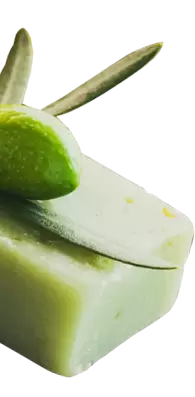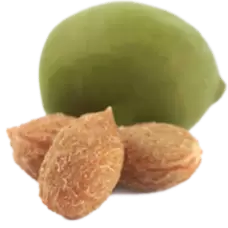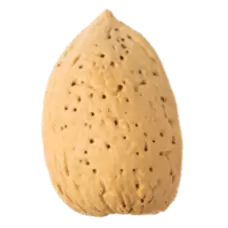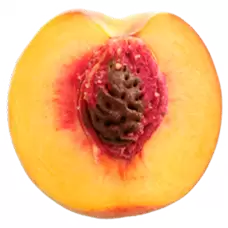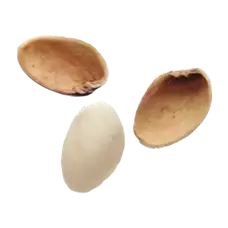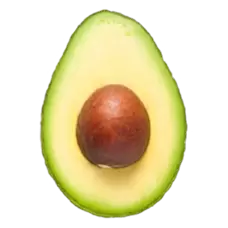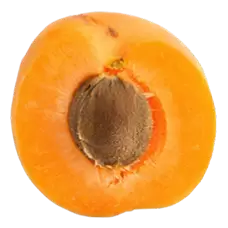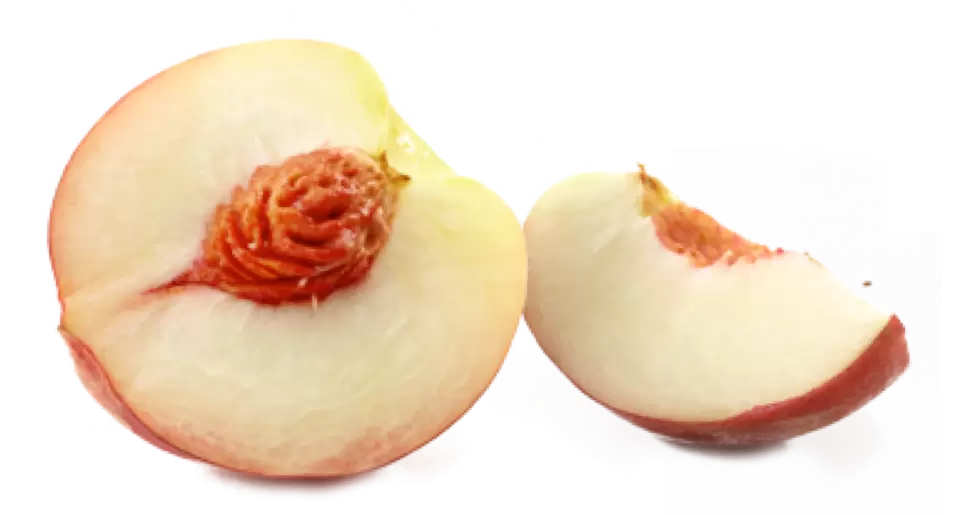Fruit Stone Powders as Natural Dye Powders
More and more brands – be it food producers, cosmetic formulators or textiles manufacturers – are searching for a sustainable alternative to conventional, synthetic colourants. Color is a crucial aspect in many products, as it ultimately creates the necessary aesthetics for a demanding consumer market. "We eat with our eyes" is not just a saying, but the actual truth when we make our food choices. The trend towards natural ingredients has led to a more critical view on the composition of dyes and colourants, including the exploration of eco-friendly options such as dye powders.
Food Dyes – Plant-Based Natural Coloring Options
Natural dyes from plants have been well-known for centuries. However, industrial food production has mostly replaced them with synthetic variants. Artificial food dyes, mostly petroleum-derived, continue to be used on a large scale despite stringent health and safety standards. Indigotine, erythrosine, tartrazine – just to name a few – undoubtedly create attractive blue, red, or yellow hues. While these dyes originate from plant-based sources or natural dye extracts, they are often synthesized to varying extents. In contrast, natural colourants encompass unmodified herbal powders or liquids, offering not only aesthetic benefits but also the potential to add nutrients and other health benefits. The range of natural dye supplies from BioPowder includes fine dye powders in off-white, beige, brown, red, orange, and green tones. These natural coloring options can be used as standalone colourants or as a substrate for artificial food dyes to achieve more pronounced effects.
Organic Dye Powder for Cosmetics
Just like food items, personal care products are highly sought after for their attractive and vibrant appearance. Therefore, even the most natural cosmetic lines require certain additives to enhance, colour, or add opacity to the underlying formulation. Organic pigments for cosmetics can be derived from various sources such as avocado stones, argan shells, olive leaves, and more. In the realm of soap making, natural soap colourants play a vital role in transforming a functional soap into a true work of art, available in a wide array of shapes and colours. BioPowder offers fruit stone powders that serve as organic soap colourants, available in diverse grain sizes and compositions. These powders not only provide natural colouring but also act as potent binders, fillers, and carriers for synthetic pigments. Another example is the increasing popularity of natural dye powders for bath bombs, driven by rapid innovation in the field. These powders, derived from plant-based colourants, contribute to the vibrant and appealing aesthetic of bath bombs.
Very recently, the use of olive stone, apricot stone and argan shell powders has been tested in natural hair colours. Mostly, henna-based formulations were enriched with micronized natural dye powders to enhance the color stability and to add dispersability and soothing properties. The same applies to natural skin dyes and whitening powders. These organic dye powders, derived from plant-based colorants, offer a sustainable and eco-friendly alternative for achieving desired shades in hair colours, skin dyes, and whitening powders.
All-Natural Food Colouring and Organic Fabric Dye
Besides the all natural food dye mentioned above, the textiles industry has discovered natural dyes for cotton, natural dyes for linen, cellulose, hemp, and other plant-derived fibres. The reactivity of the natural textile fabric with the molecules of the BioPowder colourants creates lasting results and often also antioxidant effects, i.e. better color resistance even when exposed to sunlight or moisture.
Organic dyes for clothes are not harmful, i.e. do not develop toxic fumes in textile factories, and consequently contribute to enhanced human and environmental sustainability. Just like all natural food dyes, natural fabric dye can be achieved in a wide range of shades: from light beige and orange up to a strong rust red, brown and green. No matter the nature of your project, the BioPowder team can guide you through the benefits of fruit stone powders as best natural food colouring, natural clothing dye and non-toxic fabric dye.
Please contact us for in-depth information: Contact Us
Frequently Asked Questions (FAQ): Dye Powders
What powder is used for natural dyeing?
For natural dyeing, a variety of dye powders derived from plants, fruits, and minerals can be used. Some examples include fruit stone powders, avocado stone powders, argan shell powders, and olive leaf powders. These natural powders contain pigments that can be extracted and used as dyes for fabrics, foods, cosmetics, and other applications. Using natural powders for dyeing offers a sustainable and eco-friendly alternative to synthetic colourants.
How do you make dye powder?
Natural dye powder is meticulously crafted through a process that involves grinding or crushing natural materials like plants, fruits, or minerals into a fine powder form. While the precise techniques may vary depending on the specific source material, the general approach entails extracting the vibrant colour components and subsequently drying or pulverizing them to create the exquisite natural dye powders. This meticulous process ensures the preservation of the inherent hues and qualities found within these organic materials, allowing for their vibrant expression when used in various applications.
What is dye powder used for?
Dye powders are used for various purposes, including colouring food, cosmetics, textiles, and other products. In the food industry, dye powders can be used to add natural colours to a wide range of food items. In cosmetics, dye powders are utilized to create vibrant and appealing shades in products like soaps, hair colours, and bath bombs. Additionally, dye powders are employed in textile dyeing to impart colour to fabrics made from natural fibres such as cotton, linen, and hemp.
Can natural dye powders be used on different types of fabrics?
Yes, natural dye powders can be used on various types of fabrics. However, the results may vary depending on the fabric's composition and the specific fabric dye powder used. It's advisable to conduct a test on a small, inconspicuous area of the fabric before dyeing the entire garment or textile. This helps ensure compatibility and desired results. Additionally, certain fabrics may require specific pre-treatment processes or mordants to enhance the dye absorption and colour-fastness. Following recommended dyeing instructions and consulting with experts or online resources can provide valuable guidance for achieving optimal outcomes on different fabric types.
Is powder dye better than liquid?
The choice between natural powder dyes and liquid dyes depends on the specific application and personal preference. Powder dyes often offer advantages such as longer shelf life, ease of storage and transportation, and the ability to create concentrated solutions. On the other hand, liquid dyes may be preferred for their ease of use and ability to achieve more precise and uniform dyeing results. Ultimately, both liquid and powder dyes can be effective, and the decision depends on the specific needs and requirements of the user.
Are natural dye powders safe to use?
Natural dye powders derived from plants, fruits, and minerals are generally considered safe for use. However, it is always recommended to follow proper guidelines and instructions provided by the manufacturer or supplier. If you have specific concerns or allergies, it's advisable to perform a patch test before applying the dye powder to a larger area. Additionally, it's important to source natural dye powders from reputable suppliers to ensure their quality and authenticity.

